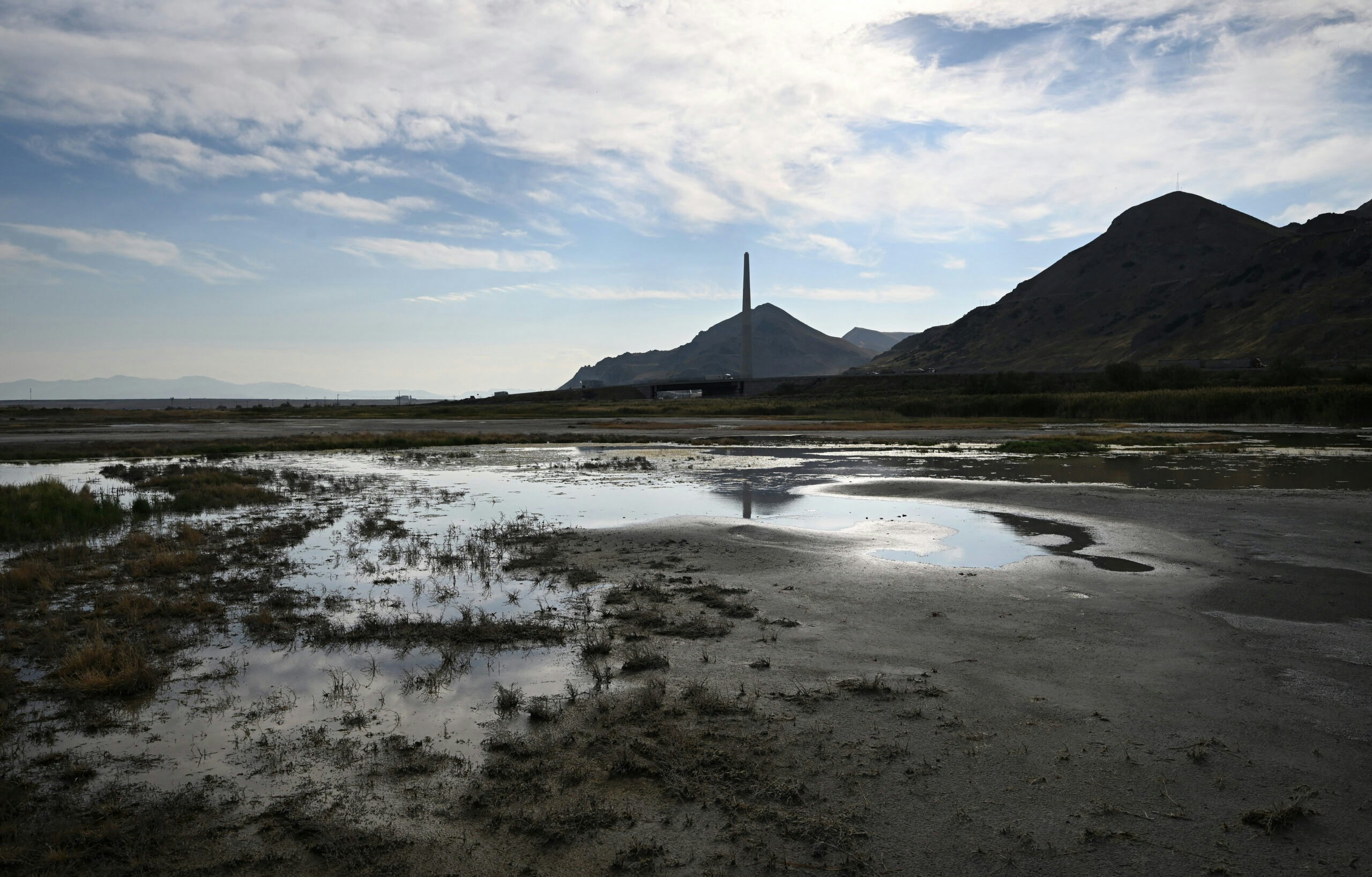In 1976, Mexico discovered a super-giant oil field called the Cantarell Field about 80 miles offshore in the Bay of Campeche, propping up an...
In 1976, Mexico discovered a super-giant oil field called the Cantarell Field about 80 miles offshore in the Bay of Campeche, propping up an economic boom across the country. For a fleeting moment, Mexico became a new force in the world oil market, attracting investment from all corners of the globe. But the good times would not last.
By the early-1980s, the Mexican economy balanced on a knife’s edge. Most notably, it was undermined by falling oil prices. Yet, as Daniel Yergin explained in The Prize, it was really a confluence of several economic issues that hurt the country:
“It was the result of the weakening oil price, high interest rates, a severely overvalued peso, unrestrained government spending, and the drying up of markets for Mexico’s non-oil exports because of the recession of the United States. On top of everything else, there was immense capital flight.”
The country was forced to devalue the peso and default on massive debt, grinding the economy to a halt for more than a decade.
Such a downfall can be hard to forget. Although the international markets have once again fallen in love with Mexico in light of the August 2014 reforms which promise to open up the once-nationalized energy market, the recent fall in oil prices is causing some to tap the breaks.
Indeed, crude prices have fallen to their lowest level since 2010, including a 30 percent drop in just the past four months. The Wall Street Journal even reported that the: “…recent plunge in oil prices is prompting Mexico’s government to consider scaling back the initial bidding for its momentous plan to reopen its oil and gas industry to private companies, and to offer them better terms.”
Energy experts, however, are quick to differentiate shale plays from deep-water drilling, both of which exist in Mexico. The former can be expensive with thinner margins, making oil prices a strong determinant as to when companies explore and when they sit on the sidelines. Deep-water projects, on the other hand, are typically longer-term plays, less reliant and reactive to short-term oil prices.
With that in mind, the international consensus seems to be that falling oil prices may slow development of Mexican shale resources, but the deep-water investment will likely continue unfettered. If anything, the recent market conditions serve as a gentle reminder that the Mexican reforms may not always benefit from market tailwinds.
The international community is rightly energized by investment opportunities in Mexico, but as history teaches us, the country’s economy can be tumultuous. Make no mistake: There is a reason to remain a strong believer in the Mexican reforms. There just may be more work to be done before they come to fruition.
Machir Stull manages the economic growth initiative at the Bush Institute.




























